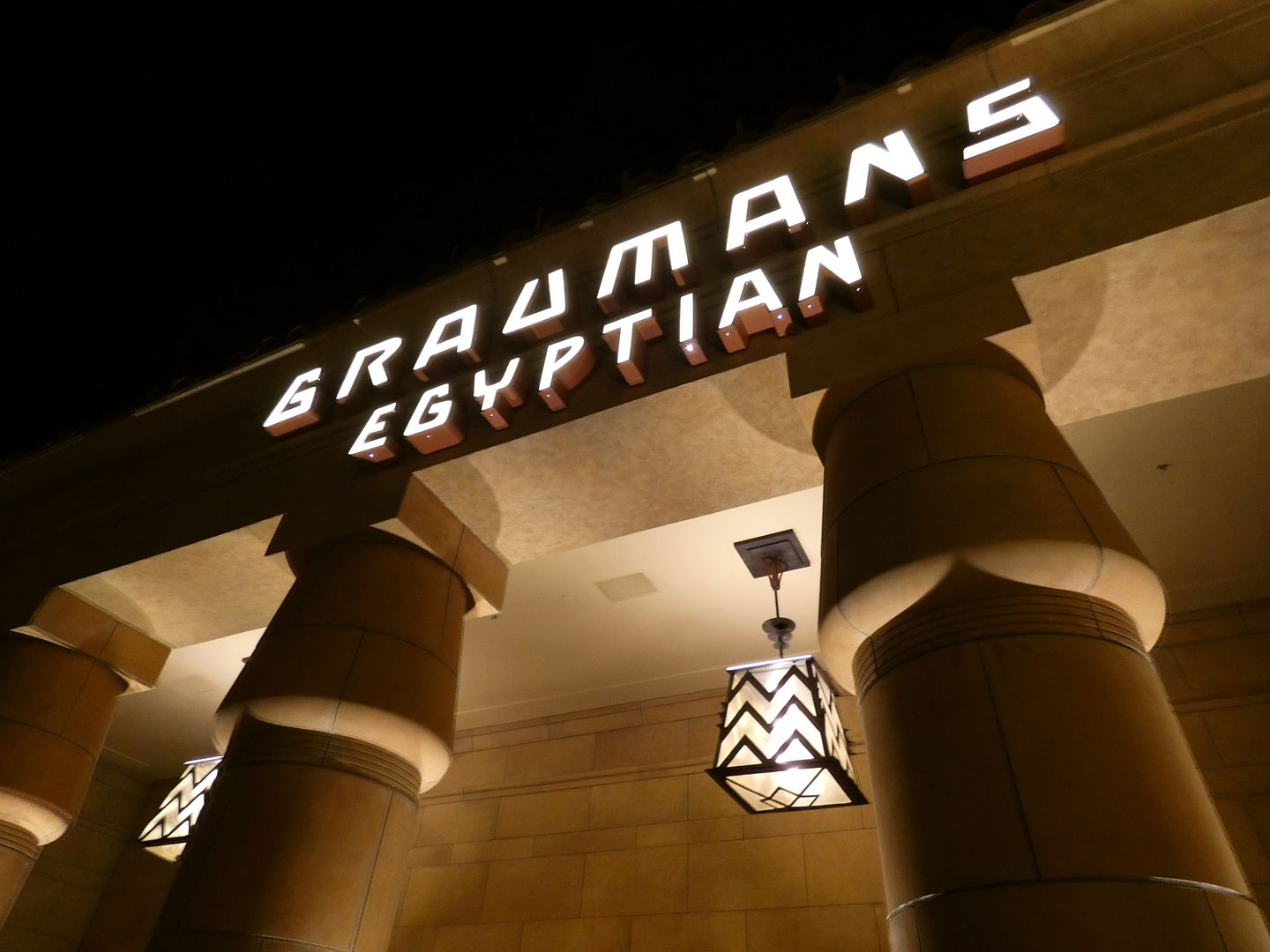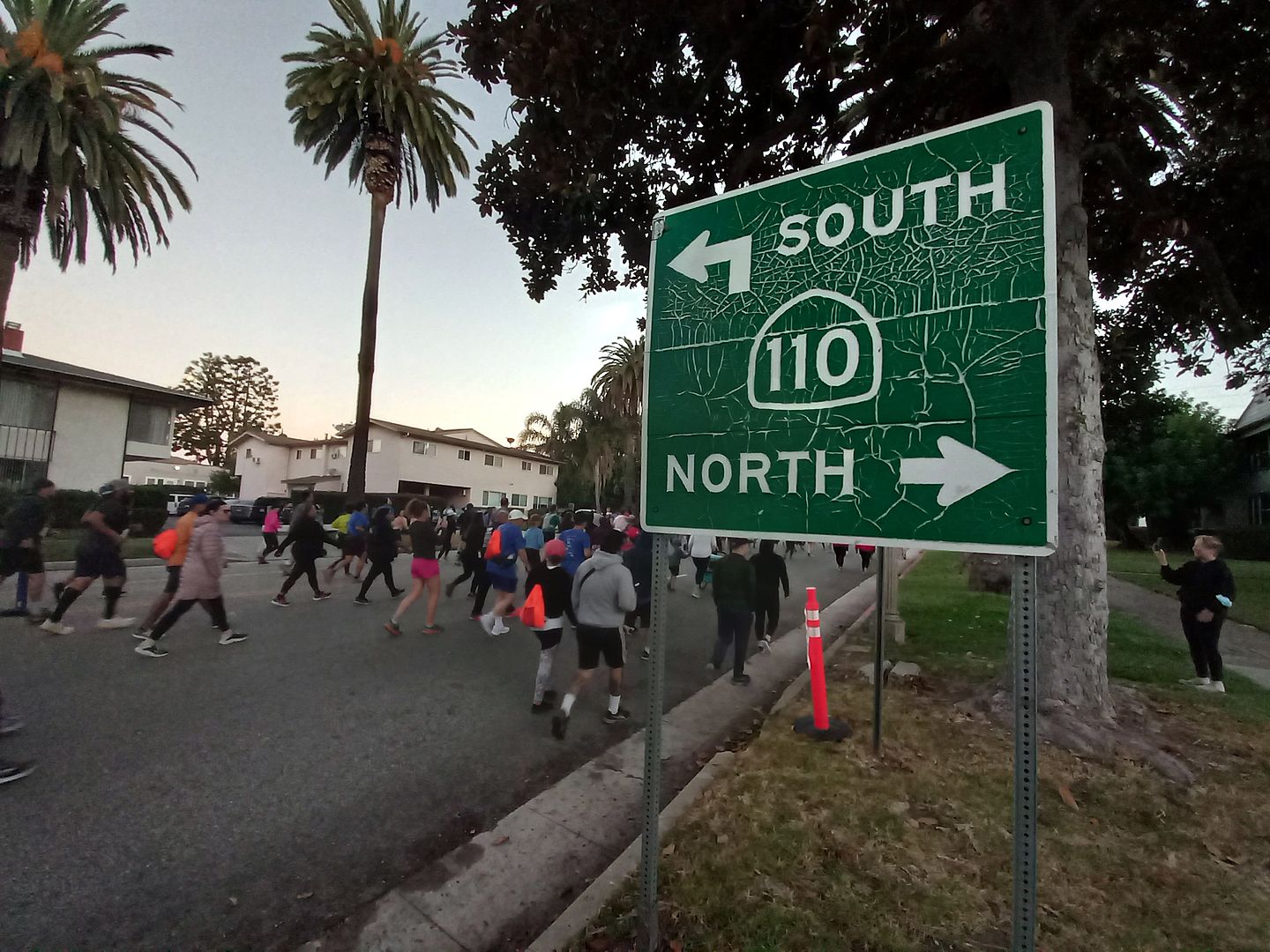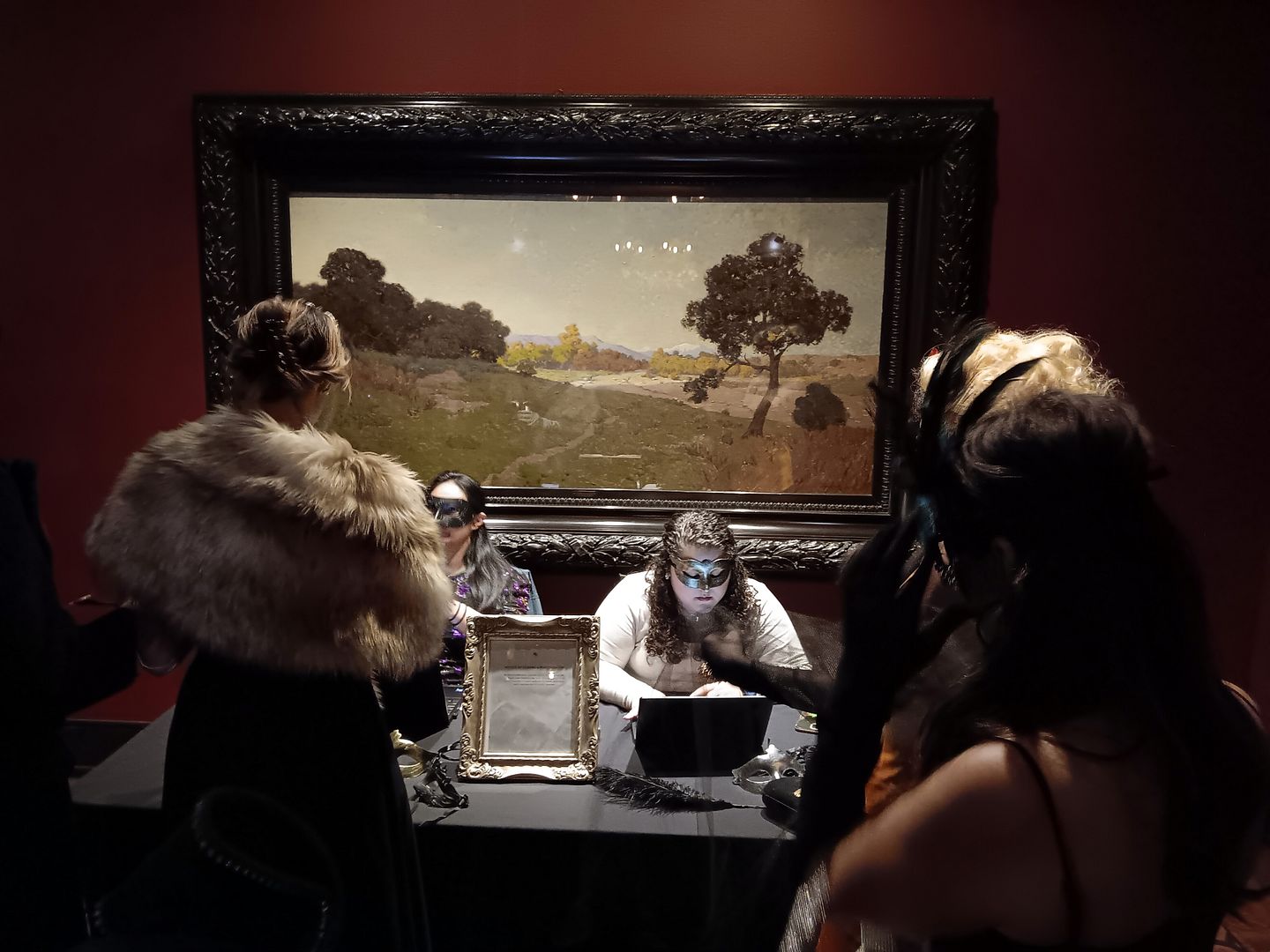In May 2020, a deal was finalized to transfer ownership of the Egyptian Theatre in Hollywood (a.k.a. Grauman's Egyptian) from the non-profit American Cinematheque to the very much for-profit streaming service (and now film studio) Netflix.
And it caused quite an uproar.
Because when the City of LA's Community Redevelopment Agency sold the Egyptian to American Cinematheque in 1996—for just $1, a symbolic transaction—it was so that the historic property could be made accessible for the public good.
To complicate matters, one of the American Cinematheque board members at the time worked for Netflix.
Now, I don't know what American Cinemetheque's bylaws state in reference to potential conflicts of interest. It may be that the board reviewed the situation and decided that the possible interested person didn't stand to gain anything financially by the transaction, and so it wasn't an actual conflict of interest.
But it seems as though A.C. may not have even had the right to sell the property at all—much less transfer it to a corporation that would use it for private gain.
Sure, the streamer will still allow the non-profit to occasionally screen repertory cinema and festivals; but it will primarily use the theatre as a screening room for its original productions.
How did Netflix get around the
Supreme Court decision of 1948 (known as the "Paramount Act," the "Paramount Decision," and the "Paramount Decree") that forbade movie studios from owning their own movie theatres and booking their own films there, as a violation of anti-trust laws?
The same year that Netflix bought the Egyptian, the U.S. Department of Justice motioned to lift the ban—and a judge
granted the motion.
The anti-trust regulation of movie theatres was terminated—which means studios can once again legally own their own movie houses and monopolize the market, potentially edging out smaller chains and independent-run cinemas.
It's a funny thing, a digital-first platform turning to brick-and-mortar—much like Amazon.com opening real-life grocery stores. (Or Amazon Studios taking over the Pacific Culver City multiplex for Prime screenings last December.)
They've both already cannibalized mom-and-pop retail by shifting consumer behavioral patterns online—so moving to physical locations feels a little like they're turning the knife.

I appreciate that Netflix wanted to take over and preserve an existing, historic theatre rather than building something anew (or, gasp, tearing something down in the process). So, I had to put all this drama aside for myself—because in the end, no matter
who owns it, the Egyptian is a 101-year-old Hollywood landmark. I want to support it; I want to help it stay open and active; I want to experience it.








